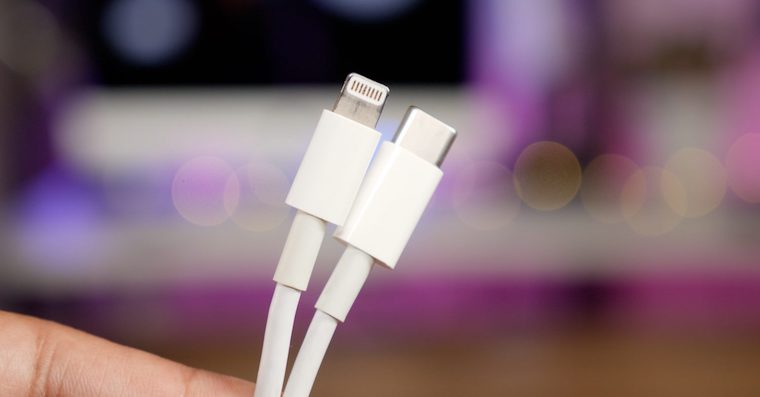We can practically constantly hear about various ambitions to somehow regulate Apple and other technological giants. A beautiful example is, for example, the recent decision of the European Union. According to the new rules, the USB-C connector will become mandatory for all smaller electronics, where we could include tablets, speakers, cameras and others in addition to phones. Therefore, Apple will be forced to abandon its own Lightning and switch to USB-C years later, although it will lose some of the profit that comes from licensing Lightning accessories with Made for iPhone (MFi) certification.
It could be interest you

The regulation of the App Store has also been discussed relatively recently. When the court case between Apple and Epic Games was ongoing, many opponents complained about the monopoly position of Apple's app store. If you want to get your own app into the iOS/iPadOS system, you have only one option. The so-called sideloading is not allowed - therefore you can only install the app from an official source. But what if Apple doesn't allow developers to add their app to the App Store? Then he is simply unlucky and has to rework his software to meet all the conditions. Is this behavior on the part of Apple and other technology giants justified, or are the states and the EU in the right with their regulations?
Regulation of companies
If we look at the specific case of Apple and how it is slowly being bullied from all sides by various restrictions, then we can probably come to only one conclusion. Or that the Cupertino giant is in the right and no one has the right to speak to him about what he himself is working on, what he has built himself from the peak and what he himself invests a lot of money into. For better clarity, we could summarize it with regard to the App Store. Apple itself came up with globally popular phones, for which it also built complete software, including the operating system and application store. Logically, it is only up to him what he will do with his platform, or how he will deal with it in the future. But this is only one point of view, which clearly favors the actions of the apple company.
We have to look at this whole issue from a broader perspective. States have been regulating companies on the market practically since time immemorial, and they have a reason for this. In this way, they ensure the safety not only of end consumers, but also of employees and the entire company in general. Precisely for this reason, it is necessary to lay down certain rules and set fair conditions for all subjects. It is the technological giants that slightly deviate from the imaginary normal. Since the world of technology is still relatively new and experiencing a big boom, some companies have been able to take advantage of their position. For example, such a mobile phone market is therefore divided into two camps according to operating systems – iOS (belonging to Apple) and Android (belonging to Google). It is these two companies that hold too much power in their hands, and it remains to be seen whether this is actually the right thing to do.

Is this approach correct?
In conclusion, the question is whether this approach is actually correct. Should states interfere in the actions of companies and regulate them in any way? Although in the situation described above it looks like the states are just bullying Apple with their actions, in the end the regulations are generally supposed to help. As mentioned above, they help protect not only end consumers, but also employees and virtually everyone.
It could be interest you

 Flying around the world with Apple
Flying around the world with Apple 



I certainly don't agree with that. However, there are restrictions and violations of security. And it still hinders development.